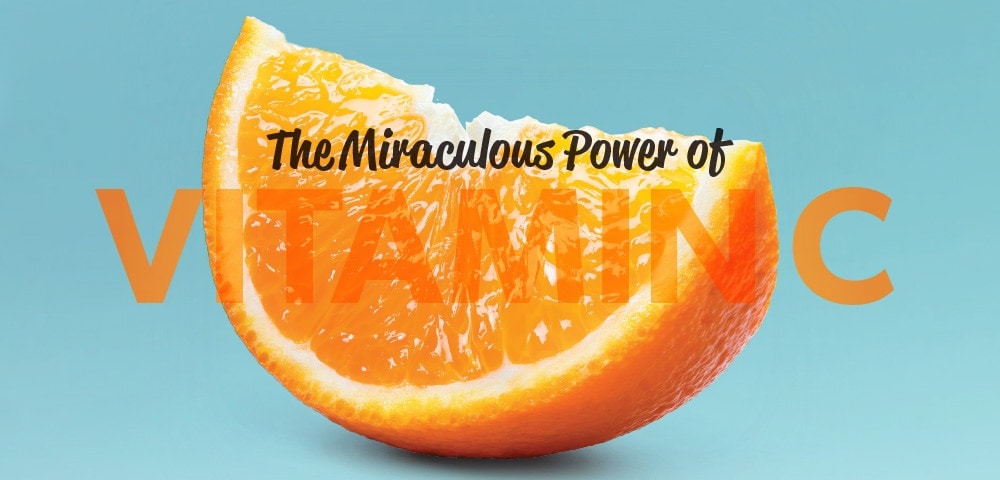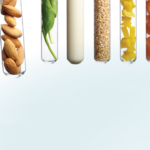
What do you think of first when you hear the word “vitamin C”? Odds are you’re thinking of oranges, fighting off a cold, or maybe sailors getting scurvy.
But the power of vitamin C goes way beyond that.
Research shows that getting good levels of vitamin C has a range of health applications, from skin care to heart health. But let’s look at some of the essential ways vitamin C supports our health and where to find it.
What is Vitamin C?
Vitamin C, also known as L-ascorbic acid, is an essential, water-soluble vitamin. While many animals can produce their own vitamin C, humans do not have this capacity, so we must consume it daily because water-soluble vitamins do not get stored in our fat cells. Interestingly, some discoveries show that human beings did have the capacity to produce vitamin C at one point, but in our evolution, we lost this ability.
The Benefits of Supplementing with Vitamin C
Heart health – Vitamin C lowers the risk of cardiovascular disease. Early research suggests that it may help reduce cholesterol and strengthen arterial walls, reducing the chances of a heart attack or stroke.
Skin health – Vitamin C is vital in collagen production, the protein that creates plump, healthy skin. Vitamin C’s role in collagen synthesis is also a key player in healing wounds.
Joint health – Collagen cushions all our joints, and the reduction in collagen levels creates joint problems, especially in old age.
Vitamin C promotes collagen synthesis, which positively affects joint health and osteoarthritis.
Eye health – Vitamin C has been shown to prevent the develop-ment of cataracts, and slow the progression of macular degeneration.
Energy levels – Iron plays a crucial role in carrying oxygen through the bloodstream, and deficiency and improper iron absorption can cause low energy and fatigue. Vitamin C helps with iron absorption when consumed alongside it.
Immune health – Vitamin C deficiency has been linked to increased infection levels, and maintaining proper intake can help prevent getting sick. While it certainly isn’t a miracle cure, studies show that vitamin C may help you recover more quickly if you catch a cold or flu.
Brain health – Some studies have shown a link between impaired cognitive function and low vitamin C levels, suggesting that higher levels of vitamin C may improve brain function.
Mood improvement – A link has been found between low vitamin C and anxiety and depression because of vitamin C’s role in neurotransmitter synthesis. Interestingly in some studies, patients reported an improvement in mood with increased vitamin C intake even when they did not have low levels to begin with.
Supplementation
Many people benefit from supplementing with vitamin C as it can be difficult to get adequate levels through diet alone. Men need at least 90 mg of vitamin C per day, and women need about 75 mg, unless they are pregnant or breastfeeding, in which case they need more. Studies show that higher doses of vitamin C may have increased benefits. As vitamin C is water-soluble, any excess is excreted through the stool or urine.
Vitamin C supplements can be found in many forms, such as powders, capsules, tablets, sprays, etc. Look for timed-release vitamin C, designed to be released over eight hours for optimum absorption. As always, be sure to check with your health care practitioner before adding new supplements to your diet, especially at higher doses.
The Best Food Sources of Vitamin C
Vitamin C is found in fresh fruits and vegetables, such as oranges, grapefruit, and other citrus fruits, kiwis, strawberries, guavas, papayas, mangos, tomatoes, bell peppers, broccoli, cauliflower, cabbage, and potatoes.
This is your friendly reminder to eat your fruits and veggies to reap the vitamin-rich rewards!












